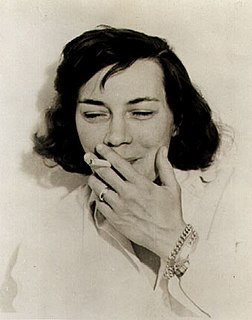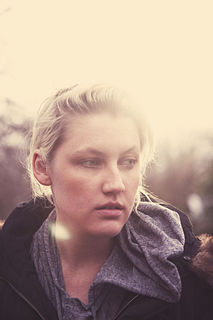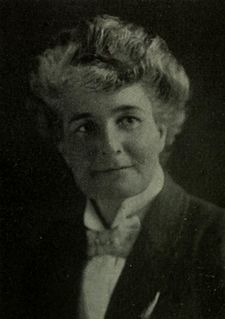A Quote by Hanya Yanagihara
I credit my parents for many things that had never seemed remarkable when I was growing up, and one of those things is how nonthreatened they were by my constant search for backup parents - other mothers and fathers would have bristled at this, but they never did. So I was always looking for other parental stand-ins, and I always found them.
Related Quotes
My parents never pushed me towards music. I feel like, growing up in a musical household and always being surrounded by it, I was always kind of a performer child. I remember my parents would have guests over, and they would bring their kids, and I would make sure that we were ready to put a show on.
I'd have to say, for me, as a child, my favorite memories were always centered around Christmas time. It always seemed like no matter how much money my parents had or didn't have, we got completely spoiled rotten. There were always presents under the tree, and we always did special things, like hide elves around the house.
They were not friends. They didn't know each other. It struck Tom like a horrible truth, true for all time, true for the people he had known in the past and for those he would know in the future: each had stood and would stand before him, and he would know time and time again that he would never know them, and the worst was that there would always be the illusion, for a time, that he did know them, and that he and they were completely in harmony and alike. For an instant the wordless shock of his realization seemed more than he could bear.
Id have to say, for me, as a child, my favorite memories were always centered around Christmas time. It always seemed like no matter how much money my parents had or didnt have, we got completely spoiled rotten. There were always presents under the tree, and we always did special things, like hide elves around the house.
of all the unusual features of Stargirl, this struck me as the most remarkable. Bad things did not stick to her. Correction: her bad things did not stick to her. If we were hurt, if we were unhappy or otherwise victimized by life, she seemed to know about it, and to care, as soon as we did. But bad things falling on her -- unkind words, nasty stares, foot blisters -- she seemed unaware of. I never saw her look in a mirror, never heard her complain. All of her feelings, all of her attentions flowed outward. She had no ego.
My parents both renounced their material lives and were living as monks at an ashram in L.A. when they met each other. So we were always raised in this environment and when we moved to the ashram in Florida it was just like, "Oh, wow, now all of a sudden there's more people like us," because we were growing up in the middle of Texas with our parents, always being the weirdos.
They had each other and there was a love between them that would withstand anything. Alina and I had always intuited, with no small wry pique, that, although our parents adored us and would do anything for us, they loved each other more. As far as I was concerned, that was the way it should be. Kids grow up, move on and find a love of their own. The empty nest shouldn't leave parents grieving. It should leave them ready and excited to get on with living their own adventure, which would, of course, include many visits to children and grandchildren.
I feel very strongly that I am under the influence of things or questions which were left incomplete and unanswered by my parents and grandparents and more distant ancestors. It often seems as if there were an impersonal karma within a family which is passed on from parents to children. It has always seemed to me that I had to answer questions which fate had posed to my forefathers, and which had not yet been answered, or as if I had to complete, or perhaps continue, things which previous ages had left unfinished.
I guess I wanted to emulate the artists that my parents were listening to when I was growing up. I've always had this affinity for folk music, and music in general, for as long as I can remember. So as soon as I could start playing shows, I did. And my parents were really supportive of me the entire time.
Mothers and fathers act in mostly similar ways toward their young children. Psychologists are still highlighting small differencesrather than the overwhelming similarities in parents' behaviors. I think this is a hangover from the 1950s re-emergence of father as a parent. He has to be special. The best summary of the evidence on mothers and fathers with their babies is that young children of both sexes, in most circumstances, like both parents equally well. Fathers, like mothers, are good parents first and gender representatives second.
I grew up in a very loving middle class family. My parents were educators. I'm not even the first PhD in my family. They tried to shield me, just as other parents in my neighborhood tried to shield their children. But you knew there was a reason that you couldn't go to that theme park or to a movie theater or to a hamburger stand. They couldn't shield you completely. What they did though was they never let it be an excuse for not achieving, and they always said racism is somebody else's problem, not yours. They tried in that way not to make us bitter about Birmingham.






































